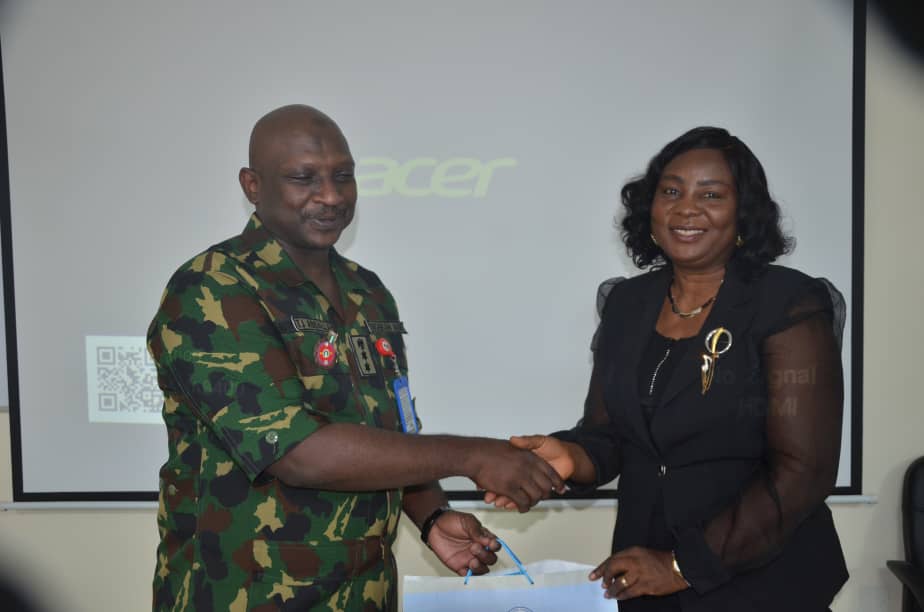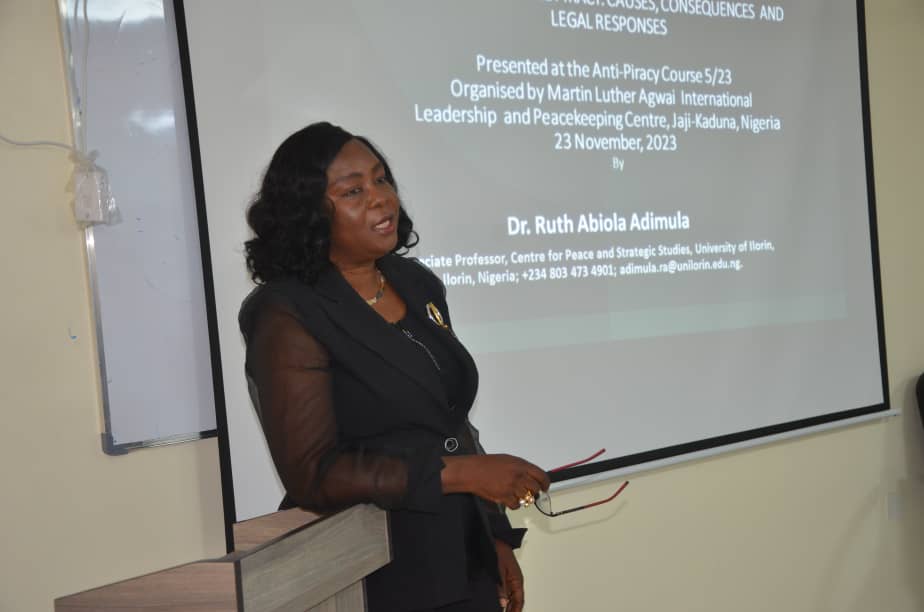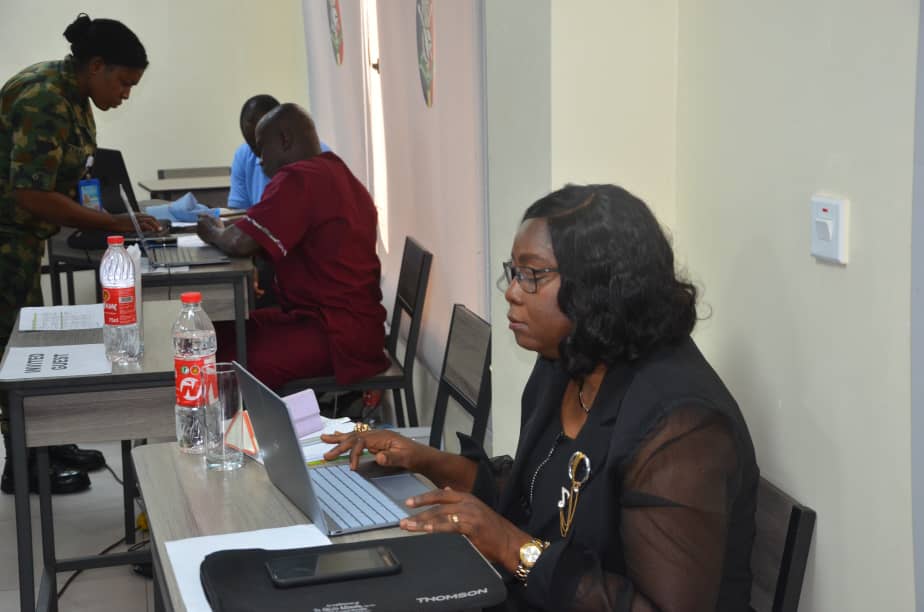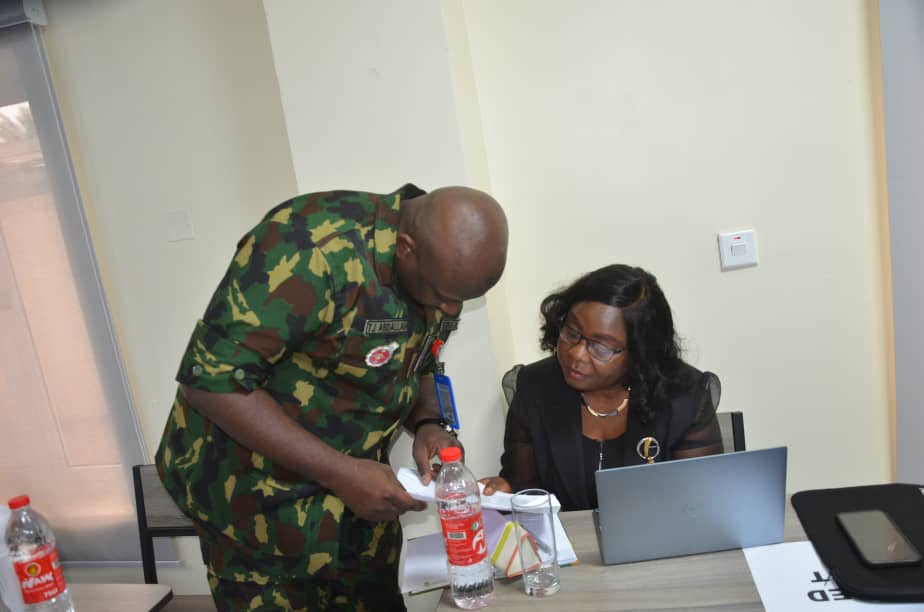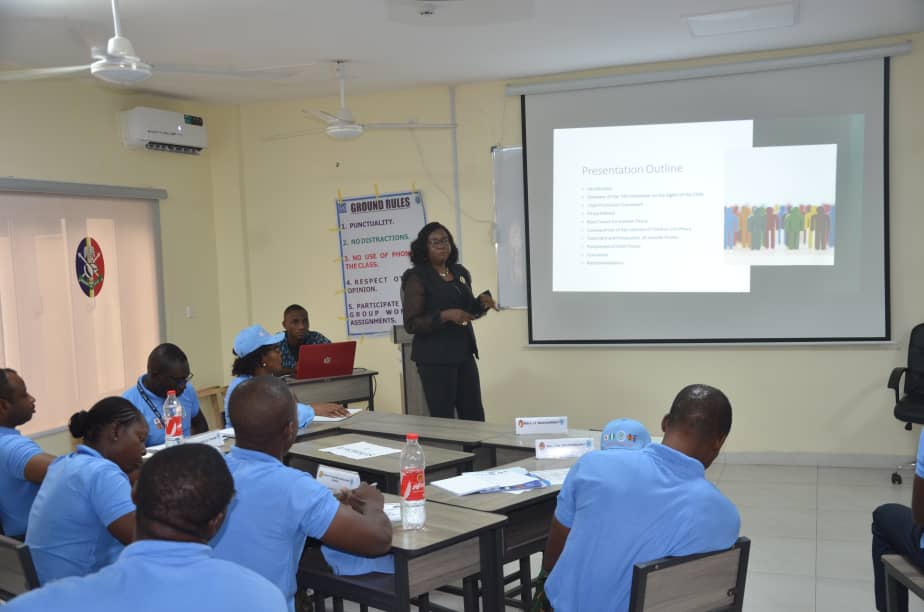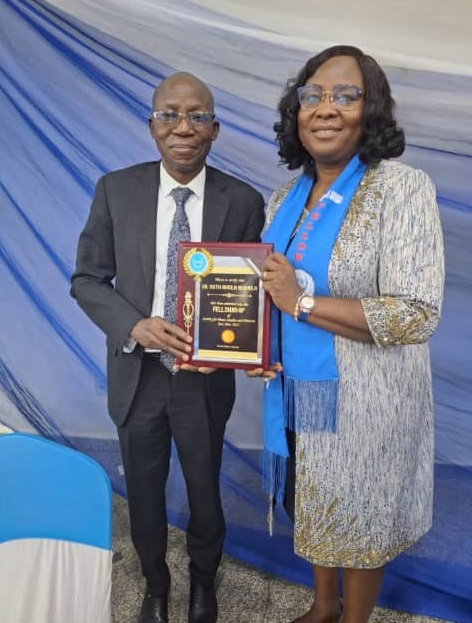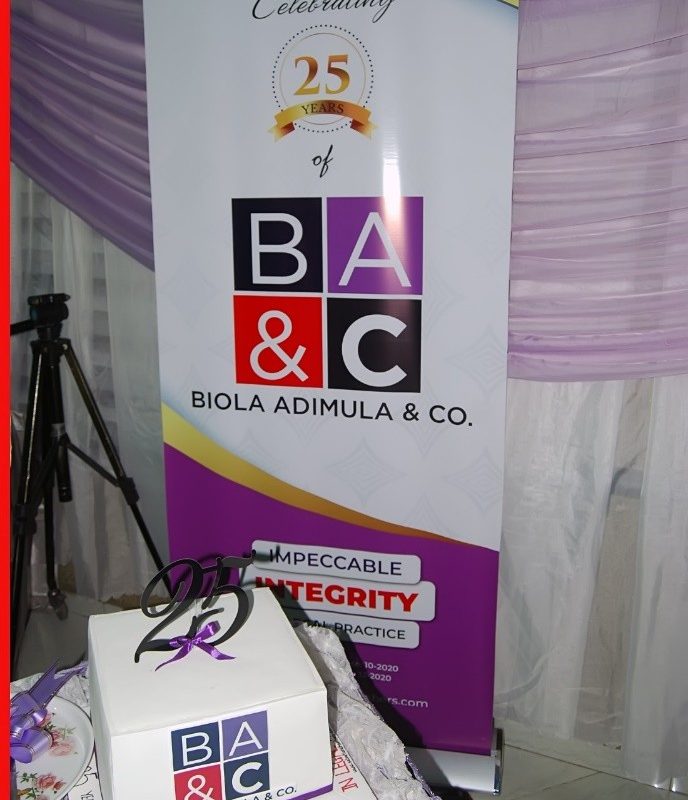
Dr. Ruth Abiola Adimula, the CEO of Women and Child Watch Initiatives, a NGO registered in Nigeria in 2004 and was granted a United Nations ECOSOC Status in 2017, is the Lead investigator on a study of the IMPLICATIONS OF AFRICAN CONTINENTAL FREE TRADE AREA AGREEMENT (AfCFTA) ON THE WOMEN SHUTTLE CROSS-BORDER TRADERS IN WEST AFRICA. She led a four (4) man researchers- Prof. Adebusuyi Adeniran (Obafemi Awolowo University, Ile-Ife Nigeria); Dr. Catherine Adegoke (Management Consultant, Nigeria); and Mrs Ayodeji Adeyemo (Business Analyst, Canada). Findings of the study revealed that the level of the knowledge of AfCFTA by the petty women traders, the security challenges in cross-border trading, gender discrimination experiences, implications of government policies on cross border trading, especially for women cross-border traders in West Africa.
The full report was presented in an academic forum-APERO BROWN LECTURE SERIES of University of Georgia, USA and ECOWAS Department of Trade in November, 2023. Audience has described the rich, erudite and expansive study as a document that can chat a path for Women and free trade in Africa with relevant collaboration and partnerships.

Dr Adimula is an Associate Professor in University of Ilorin, Fellow, Society for Peace Studies and Practice, a Council Member of Chartered Institute of Taxation of Nigeria; the immediate Past Chairperson of Society of Women in Taxation (SWIT), Nigeria and the Pioneer Regional Chairperson of SWIT West Africa.



